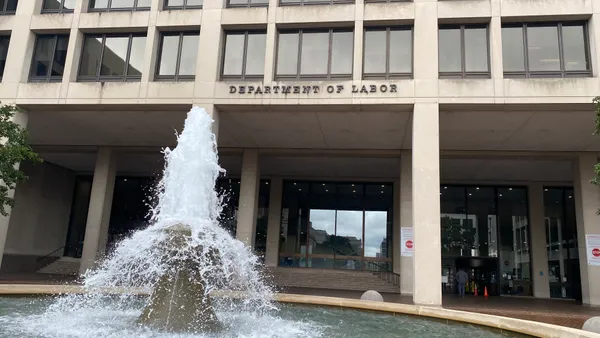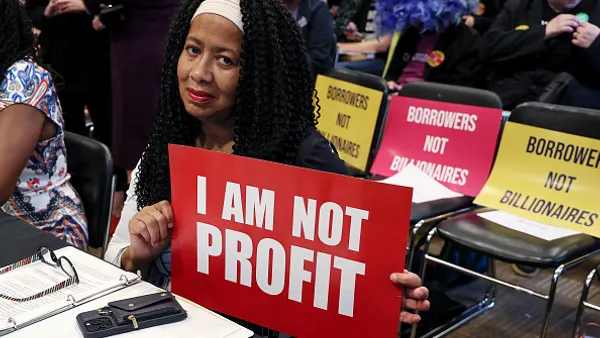Dive Brief:
- Despite the attention the COVID-19 pandemic brought to workers’ health, many managers maintain a skepticism toward use of sick time, a Resume Builder survey of 1,000 managers conducted in January found. One-quarter said they think workers “lie or exaggerate their illness,” and one-third often ask for medical documentation.
- A sizable minority of managers also apply pressure to get sick workers into the office. One-fifth encourage ill workers to return to the office, 27% believe a culture that encourages sick employees to work is good for productivity and 11% admit to “sick shaming” workers, Resume Builder found.
- Opinions varied based on degree of illness; while 70% of managers said workers should take the day off for a severe cold, only 20% said they should for a mild cold. Most said the workplace should have “more clear” sick leave policies.
Dive Insight:
Julia Toothacre, resume and career strategist for Resume Builder, said she found the survey results “shocking” given the relatively recent experience of the COVID-19 pandemic. “Why are we promoting having people in the office who can spread any kind of illness around?” she asked in a blog post accompanying the job site’s findings.
The pandemic has indeed changed the sick day, but, perhaps ironically, it has caused workers to take sick days less frequently. A January 2022 report released by HR tech platform Beamery and Atomik Research found that two-thirds of workers felt added pressure to work while sick due to remote work. Nearly 4 in 10 said they were more likely to work while sick and more than one-quarter said they felt like sick days were disappearing entirely.
A different set of surveys from Accountemps, Just Capital and Harris Poll found that — counter to some managers’ suspicions of sick day abuse reported by Resume Builder — the vast majority of workers said they continued to work even with cold and flu symptoms, listing a number of reasons: because they had too much to do, because they feared using up sick time, because they had no paid leave or because they worried about angering their employer.
While the increased productivity may appeal to employers, experts have warned that tightening the reins on workers’ employer-sponsored or government-protected right to sick time — even just through social pressure, or “sick shaming” — may cause fed-up workers to begin looking for a job with an employer that demonstrates more respect for their health.
“Stringent or unofficial sick policies will create an unsupportive environment for employees ultimately resulting in organizations losing talent,” Toothacre said.












